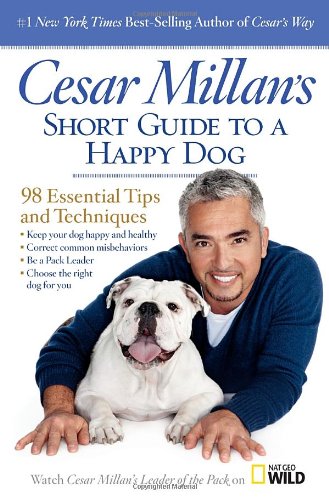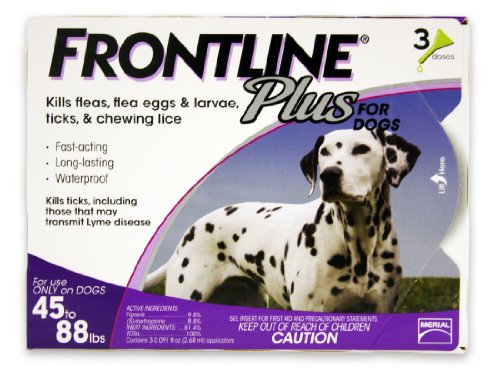
When should you be concerned about a dog that vomits? You should be concerned if a). there has been any known exposure to toxins, garbage, perhaps a bone, plants, antifreeze, drugs etc. If there is repeated vomiting and retching, perhaps 3-4 times in a row and if your dog is looking depressed.b) if there is refusal to eat at the next meal after a vomiting episode.
When should you be concerned about a cat that vomits ? The above situations are the same with cats… i.e. with any known exposures, or if there are repeated vomiting episodes in a short while.
What are the reasons for a cat vomiting and a dog vomiting? Perhaps the most common cause I see is dietary indiscretion. This is more common in young pets especially cats and puppies, as they age, cats are usually more discretionary when compared to dogs. Generally speaking, the younger the animal the more likely they “got into something” and often with a short 12 hour fast, they will likely come around well. With middle aged pets, it is more likely they may have a flare up of inflammation of the bowel, pancreatic problems etc. With older animals, you need to concern yourself with more serious disorders such as kidney or liver disease or a primary intestinal disorder such as cancer. Please seek the advice of your veterinarian!
Are there over the counter and prescription medications that can be used for vomiting in cats and dogs. In dogs (not cats), often a bit of peptobismol may work at the above dose. You can also try Nux-vomica 30c repeated every few hours for three doses, or Ipecac 30c (HOMEOPATHIC) the same regimen for cats and dogs.
*NOTE: Initially, with any vomiting or diarrhea case, I usually recommend a 12-24 hours fast to allow the system to clean out and allowing the pet small amounts of liquids during the fast. This should be followed with a bland diet of boiled meat and rice or potato in small amounts until the symptoms subside, then slowly return to it’s normal meal. Usually if this persists beyond this time, or if the pet looks depressed, you should probably take it in to your Veterinarian.
© Michael Goldberg DVM
Michael Goldberg DVM
Hudson Place Veterinary Clinic
1300 West 73 Ave.
Vancouver, B.C. V6P 3E7
604-266-2731
 Is Your Dog Depressed?
Is Dog Depression a Real Con
Is Your Dog Depressed?
Is Dog Depression a Real Con
 How to Relieve Your Pets Itching and Scratching
Unhealthy SkinA number of sk
How to Relieve Your Pets Itching and Scratching
Unhealthy SkinA number of sk
 Tub Time For Dogs! Hints and Tips for Bathing Your Dog!
Tub Time! Tips for Bathing Your Dog!
Most of us are a bit
Tub Time For Dogs! Hints and Tips for Bathing Your Dog!
Tub Time! Tips for Bathing Your Dog!
Most of us are a bit
 Heartburn in Dogs
If your dog is anything like
Heartburn in Dogs
If your dog is anything like
 How To Prepare For Getting Your First Puppy
So its that time in your lif
How To Prepare For Getting Your First Puppy
So its that time in your lif
Copyright © 2005-2016 Pet Information All Rights Reserved
Contact us: www162date@outlook.com